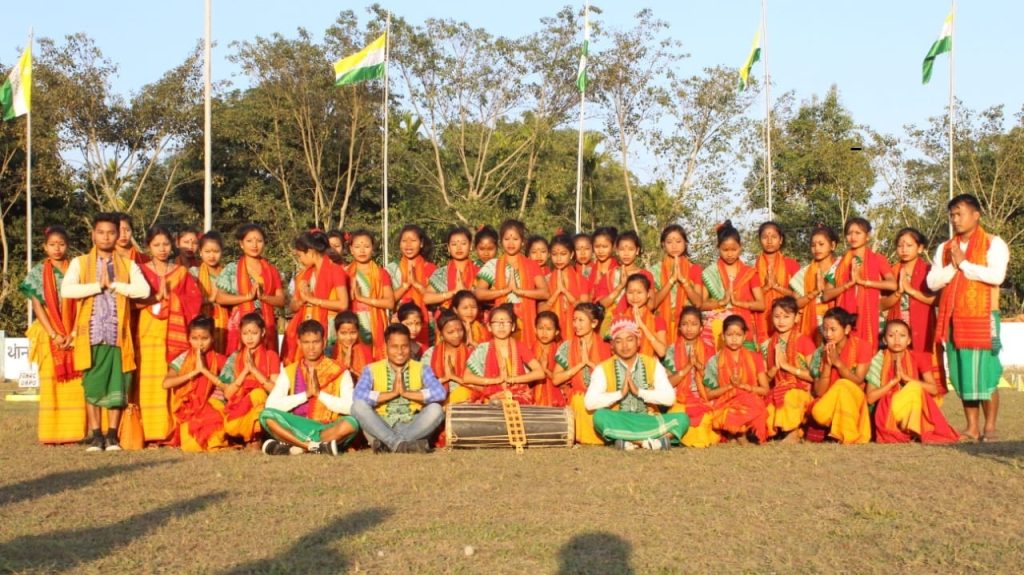
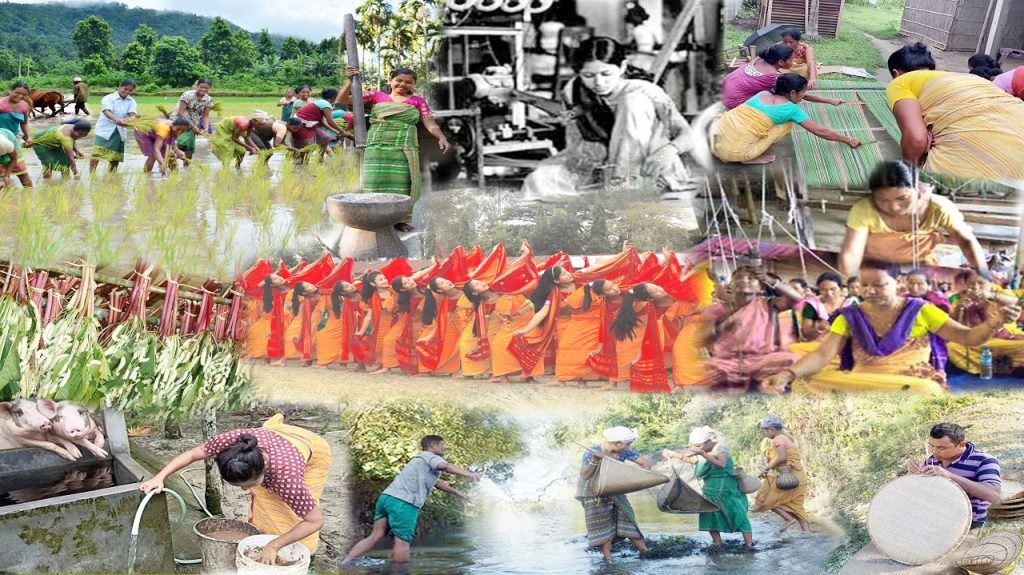
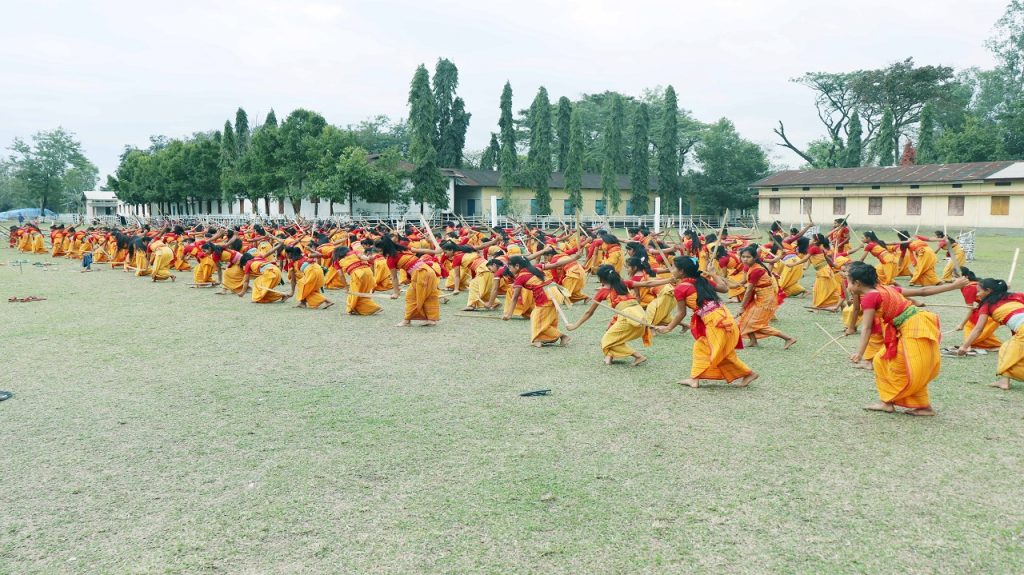
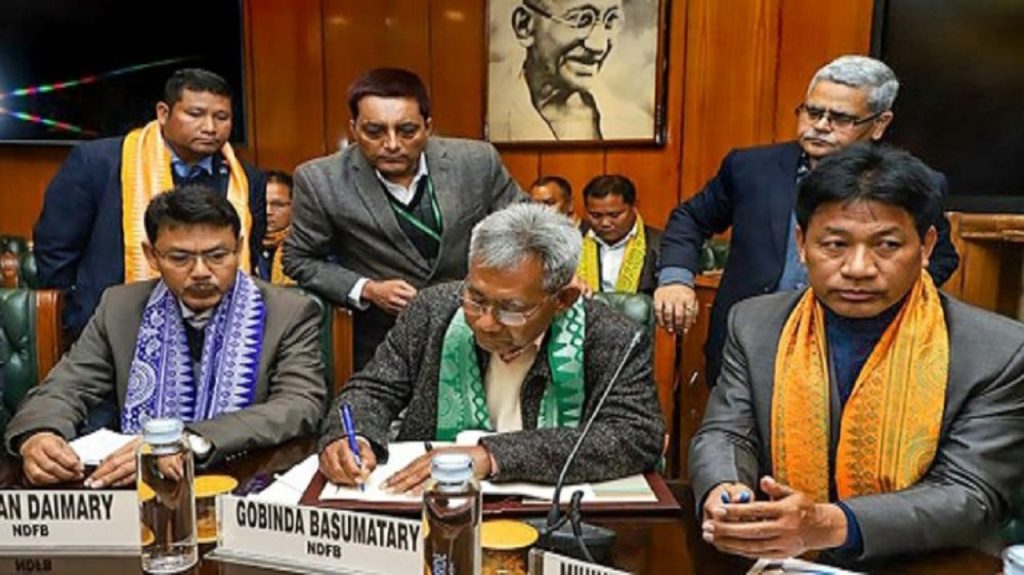
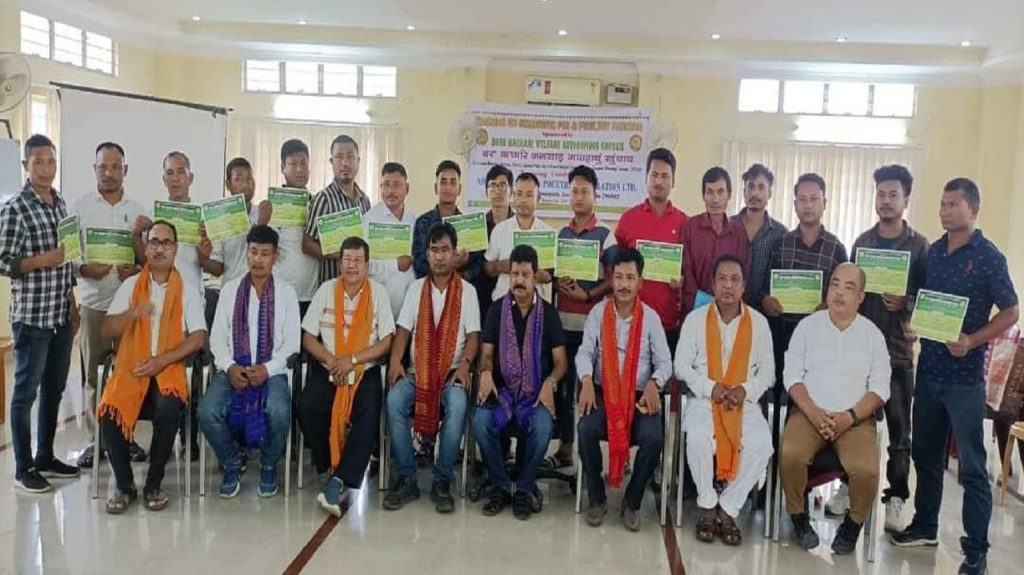
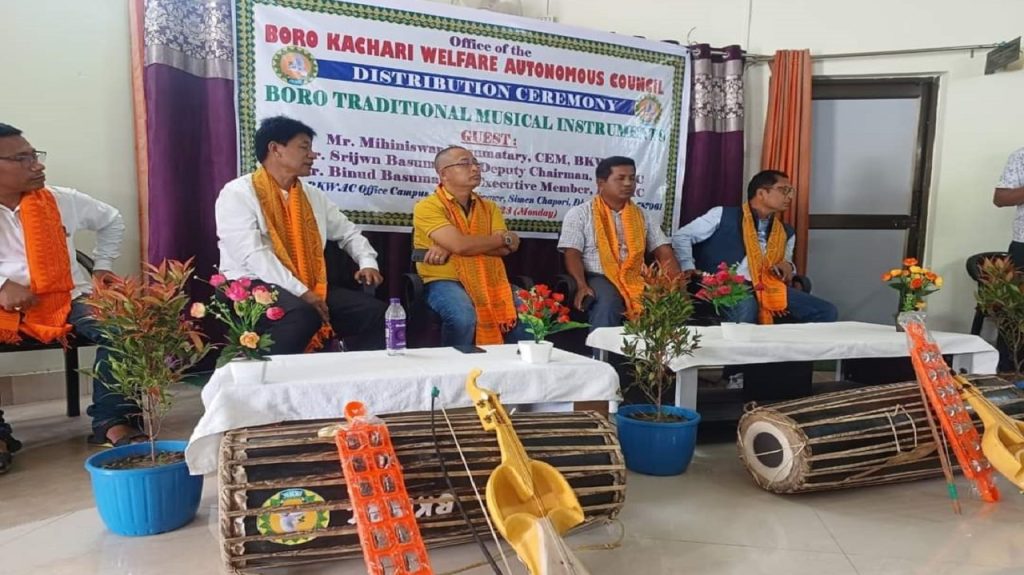
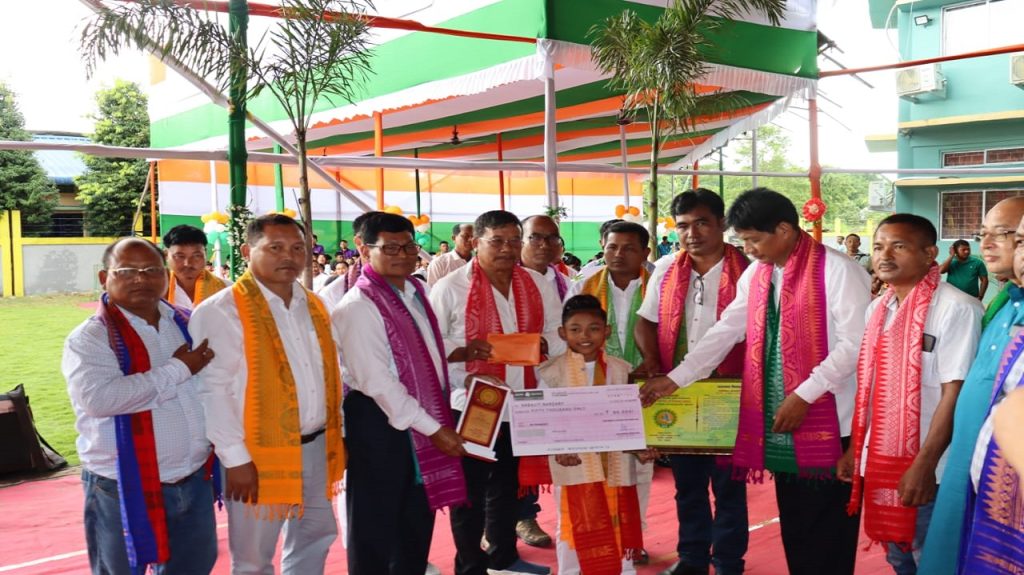
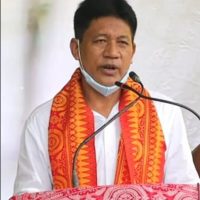
Mihiniswar Basumatary
Chief Executive Member
BKWAC
Latest Notices
Other Links
- Boro Accord, 2020
- Village List
- List of Executive Member
- List of General Members
Institution - Constituency
- Beneficiary List
Gallery
PHOTOS
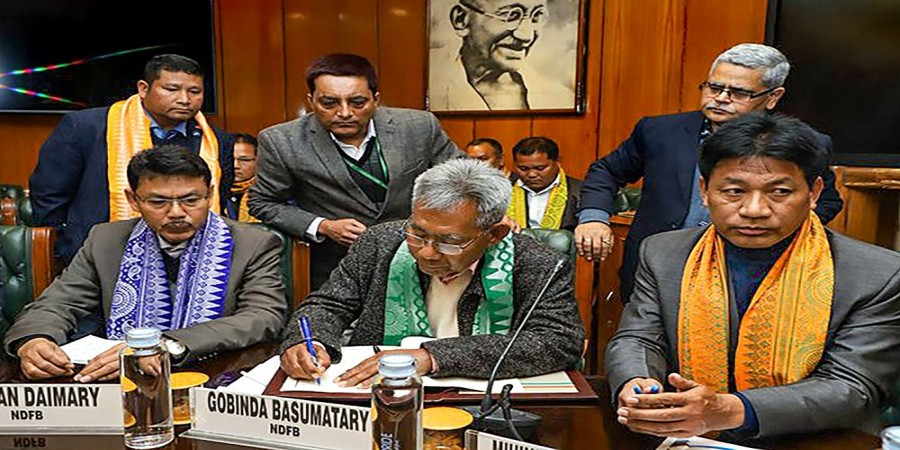
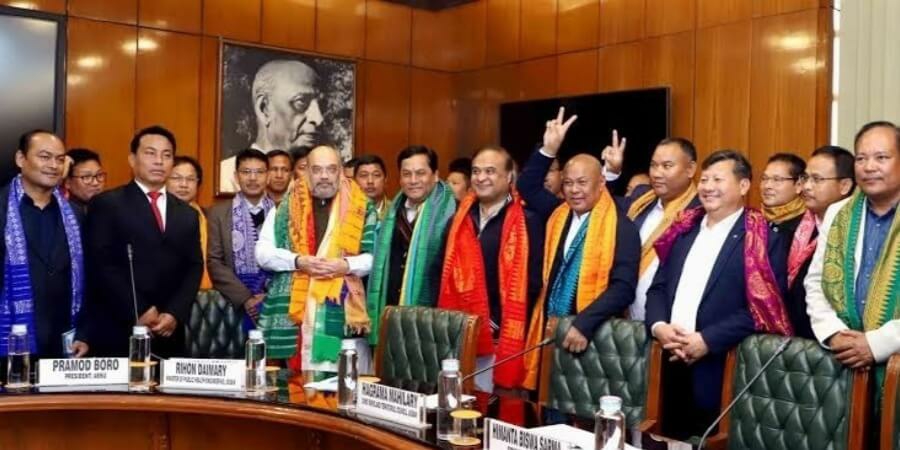
VIDEOS
WELCOME TO BODO KACHARI WELFARE AUTONOMOUS COUNCIL
The Bodo Kachari Welfare Autonomous Council established under the Bodo Kachari Welfare Autonomous Council Act, 2020 passed by Assam Legislative assembly with its HO at Sanjari Nwgwr, Simen Chapori, Dhemaji. An interim of BKWAC was constituted on 17th February, 2021 with the objectives of socio-economic, education, ethnic and cultural advancement of the people residing therein. It comprises of Boro Kachari Inhabitant Villages outside the Sixth Schedule Area of Assam.
Scope of Works
Agriculture
The BKWAC area is completely rural and its economy is fully agrarian. Land is mostly owned by small and marginal farmers practicing subsistence agriculture with single/double crop. Paddy is the staple crop
Animal Husbandry & Veterinary
Livestock holds an important key to livelihood and economic growth in BKWAC area as majority tribal population practice piggery on small homestead basis, which are being assisted to develop into organized piggery unit with better breed.
Cottage Industry
Scheme for infrastructure building and financial support to various cottage industries like Bee keeping, Cane & Bamboo crafts, knitting & embroidery, Pottery, etc. along with skill up-gradation training are executed.
Irrigation
Agricultural practices of the majority Boro people are still primitive in nature with rain dependent single crop cultivation and the BKWAC shall have to introduce organised scientific cultivation with multi crop practice of high yielding varieties.
Fisheries
Fish farming or pisciculture holds immense potentiality as a viable alternative mode of livelihood as well as commercial venture inBKWAC area. What is required is awareness and training on Integrated Fish-farming.
Handloom & Textiles
Next to agriculture, handloom is the largest unorganized sector of livelihood. Every woman of the Boro community is a weaver and Boro handloom products, particularly women wearDokhana, Fasra, Aronai etc are high on demand.
Sericulture
Boro Women are traditional grower of wild silk –Endi. Apart from the silk yarn produced from Endi rearing, the pupa or chrysalis of Endi is much sought after delicacy among the indigenous population.
Health & Family Welfare
The basic objective of Schemes/works under Health & Family Welfare department of BKWAC is to fill up gaps in NRHM works. There are large numbers of Health Sub-centres in BKWAC area, particularly in remote riverine areas






